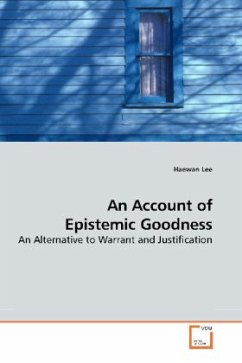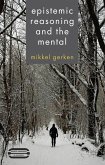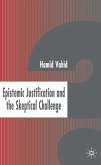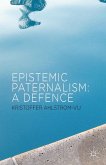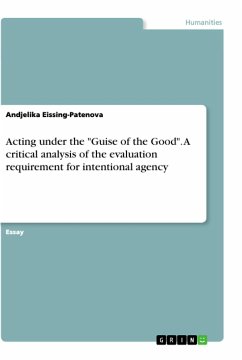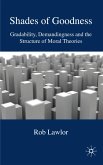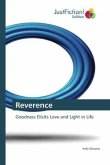What is the property that makes knowledge, when added to a true belief? Traditionally, epistemic justification has been a popular answer. Here instead, epistemic goodness is suggested in order to isolate the substantial pre-theoretic property required for knowledge without identifying it as epistemic justification. It is noted that a belief has two aspects to be assessed, namely the aspect of acquisition and of maintenance. Utilizing this distinction and criteria such as truth-conduciveness and subjective correctness, this work argues that an epistemically good belief is one that is reliably produced and is correct from the agent s perspective. On the way to this conclusion, Plantinga s theory of warrant called proper functionalism, and Sosa s theory of intellectual virtue are critically investigated and rejected, although many of the merits found in their theories are accommodated. This is a work that those studying epistemology in analytic tradition, especially those who are interested in contemporary debates between internalist and externalist, might want to look up.
Bitte wählen Sie Ihr Anliegen aus.
Rechnungen
Retourenschein anfordern
Bestellstatus
Storno

